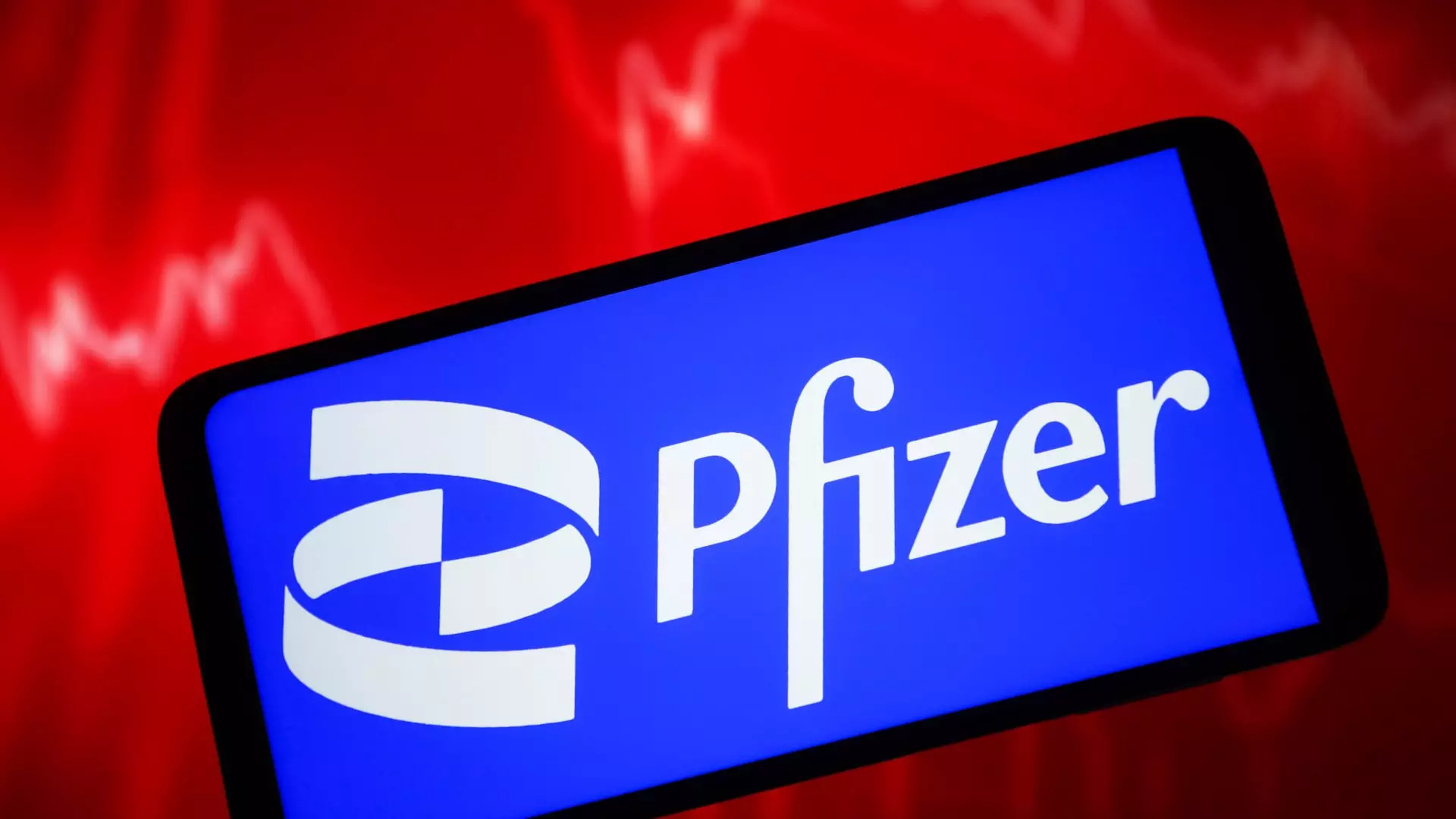The Food and Drug Administration recently approved Pfizer’s gene therapy treatment for hemophilia B, marking a significant milestone for the company. This groundbreaking approval opens up new possibilities for patients suffering from this rare genetic bleeding disorder. However, as we delve deeper into the details of this approval, it is crucial to critically analyze the impact of this treatment on patients, healthcare providers, and the healthcare system as a whole.
Pfizer’s gene therapy, Beqvez, was granted approval for use in adults with moderate to severe hemophilia B. The drug is designed to help patients produce factor IX, a crucial protein for blood clotting, to prevent and control bleeding. Despite its potential benefits, Beqvez comes with a staggering price tag of $3.5 million before insurance and rebates. This exorbitant cost raises concerns about accessibility and affordability for patients in need of this treatment.
In clinical trials, Beqvez demonstrated superiority over the standard treatment for hemophilia B, which involves frequent infusions of the factor IX protein. The convenience and effectiveness of Pfizer’s gene therapy offer hope for patients who struggle with the burden of regular infusions and the complications of spontaneous bleeding episodes. However, it is essential to consider the long-term outcomes and potential side effects of this one-time treatment compared to traditional therapies.
Pfizer faces competition from other companies, such as CSL Behring, which also offers a gene therapy treatment for hemophilia B. The high costs and logistical challenges associated with these therapies have been cited as barriers to widespread adoption. It remains to be seen how payers, healthcare providers, and patients will navigate the financial implications and clinical outcomes of these novel treatments in the coming years.
Pfizer’s foray into gene and cell therapies reflects a growing trend in the healthcare industry towards personalized and targeted treatments. The company’s ongoing efforts to develop innovative therapies for hemophilia A and B underscore its commitment to addressing unmet medical needs. As Pfizer seeks FDA approval for additional treatments, such as its experimental antibody marstacimab, the landscape of hemophilia care is poised to evolve rapidly.
Pfizer’s gene therapy approval for hemophilia B holds promise for patients grappling with this challenging condition. While the approval represents a significant achievement for the company, questions remain about the accessibility, affordability, and long-term implications of these high-cost treatments. As healthcare stakeholders navigate the complex landscape of gene therapy, careful consideration of patient outcomes, market competition, and regulatory oversight will be crucial in shaping the future of hemophilia care.


Leave a Reply